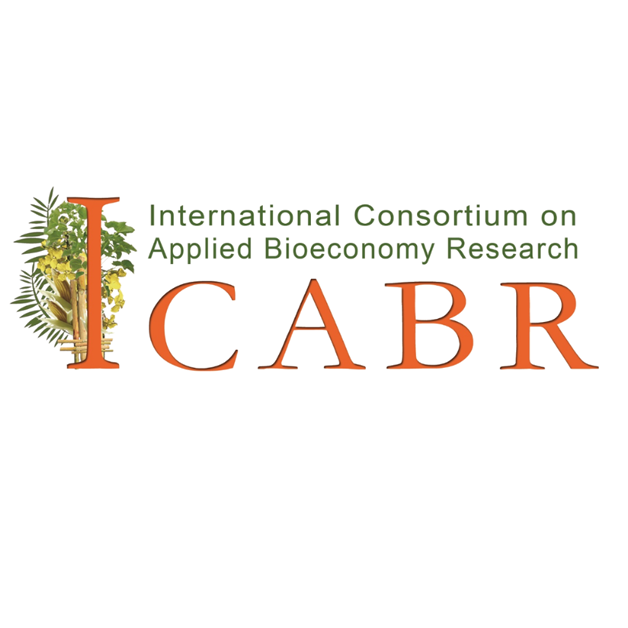

23rd ICABR CONFERENCE – Ravello, Italy
04/06/2019 - 07/06/2019
23rd ICABR CONFERENCE – International Consortium on Applied Bioeconomy Research
June 4 – June 7, Ravello, Italy
The 2019 ICABR conference will focus on innovations, finance for the development and commercialization of these innovations and the regulations and policies that encourage or restrict innovations. It will explore the role of innovation, finance and regulation regarding the development of sustainable food and health systems that can contribute to the United Nation’s Sustainable Development Goals.
Innovation continues to be an important driver of growth of the Bioeconomy in both wealthy and developing countries and their responses to environmental challenges and climate change. Gene editing, microbial ecology in soils and human stomachs, digitalization and digital transformation, robotics and other technologies create opportunities and threats to important stakeholders in the bioeconomy. Innovations in information and communication technologies can influence the adoption and demand for practices and products of the bioeconomy by better conveying and translating the benefits, risks and trade-offs. The conference will seek a better understanding of how innovations in these areas work and the potential impact of disruptive innovations on the bioeconomy and society at large.
Finance is key to the development and adoption of innovation. Innovations in finance such as crowd funding, block chains, venture capital in developing markets and impact investing are impacting research, innovation, adoption of new technology and economic development. Infusions of government capital from China and the US and mergers and acquisitions in the agricultural input industries and the food industry can increase or reduce research and innovation by the large and small firms.
Regulations and policies can provide incentives for innovation but can also be important constraints to the development of the bioeconomy. Policies like Brexit and the US-China trade dispute plus growing restrictions on migration are disrupting global flows of innovations, outputs and inputs for the Bioeconomy. Providing regulations and standards that assure consumers of the safety of new technology without stopping the development of innovative new technology remains a challenge to policy makers and stakeholders. The possible constraints from regulations were highlighted by the European Union Court of Justice’s decision that varieties developed by mutagenesis should be regulated as genetically engineered organism.

